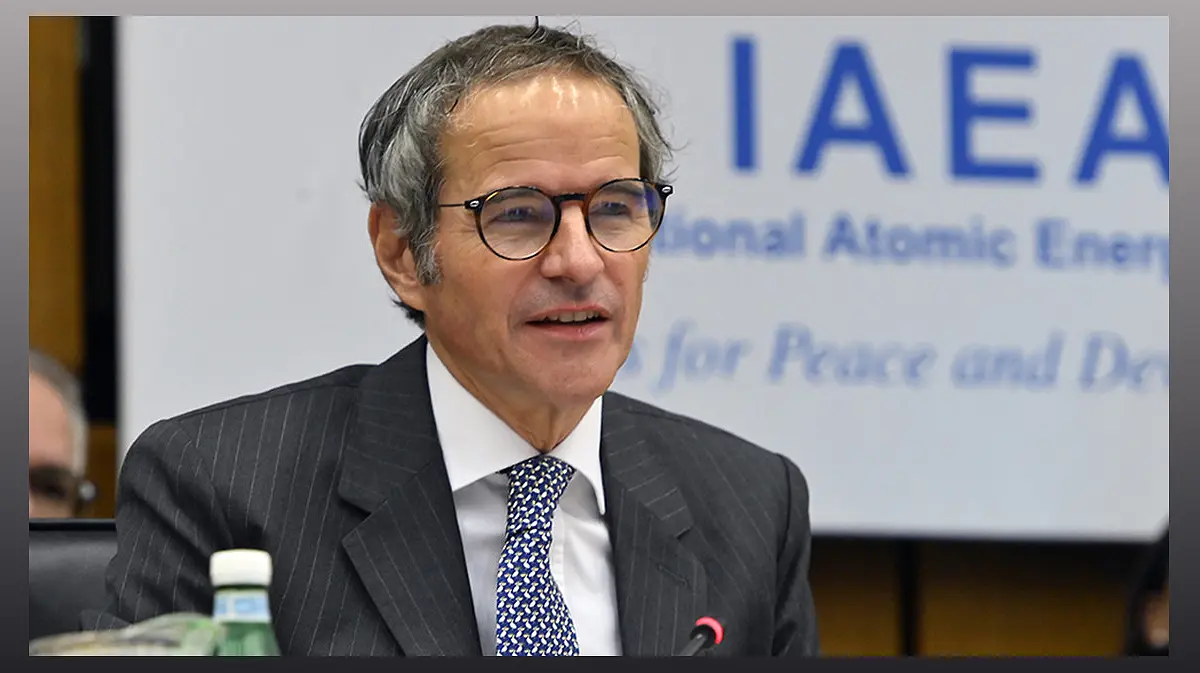Combating Hunger and Ensuring Food Security: The Role of Nuclear Techniques
In a world where hunger is on the rise due to climate change, it is crucial to find innovative solutions to ensure food security. The International Atomic Energy Agency (IAEA) and the Food and Agriculture Organization of the United Nations (FAO) have launched the Atoms4Food initiative, leveraging nuclear techniques to tackle this challenge. Director General Rafael Mariano Grossi highlighted the urgency of the situation, with the number of people experiencing hunger increasing by almost a fifth in the past three years. Let’s explore how nuclear techniques can play a vital role in increasing global food security and combating hunger.
Addressing the Global Hunger Crisis
Understanding the urgency of the global hunger crisis and the need for innovative solutions.
As the world grapples with the devastating effects of climate change, the number of people experiencing hunger has risen dramatically. This global hunger crisis calls for immediate action to ensure food security for all.

The Atoms4Food initiative, launched by the IAEA and FAO, aims to address this pressing issue by harnessing the power of nuclear techniques. By leveraging nuclear science, we can find sustainable solutions to combat hunger and enhance global food security.
The Role of Nuclear Techniques in Food Security
Exploring how nuclear techniques can contribute to enhancing food security worldwide.
Nuclear techniques offer unique advantages in improving agricultural practices and ensuring food security. Through the use of radiation, scientists can develop new crop varieties that are more resistant to pests, diseases, and adverse climate conditions.
Additionally, nuclear techniques play a crucial role in enhancing soil fertility and water management. Isotope hydrology helps monitor and manage water resources efficiently, while nuclear-based soil fertility assessments aid in optimizing nutrient management for sustainable agriculture.
Atoms4Food: Empowering Farmers and Promoting Sustainable Agriculture
Highlighting the impact of the Atoms4Food initiative in empowering farmers and promoting sustainable agricultural practices.
The Atoms4Food initiative is not only focused on addressing immediate food security challenges but also on promoting sustainable agriculture practices. By providing farmers with access to nuclear techniques, we can empower them to make informed decisions and optimize their agricultural practices.
Through the use of nuclear techniques, farmers can improve crop productivity, reduce post-harvest losses, and minimize the use of harmful pesticides. This leads to more sustainable and environmentally friendly agricultural systems, ensuring a brighter future for generations to come.
Nuclear Techniques for Food Safety and Quality
Exploring how nuclear techniques contribute to ensuring food safety and maintaining high-quality standards.
Food safety is of paramount importance in ensuring the well-being of consumers. Nuclear techniques play a vital role in this aspect by enabling the detection of contaminants, such as pesticides and heavy metals, in food products.
Moreover, nuclear-based technologies, such as irradiation, can be utilized to extend the shelf life of perishable foods, reducing food waste and ensuring that consumers have access to safe and high-quality products.
Collaborative Efforts and Future Prospects
Highlighting the importance of collaboration and discussing the future prospects of nuclear techniques in addressing global food security.
Achieving global food security requires collaborative efforts from various stakeholders, including governments, international organizations, and the scientific community. By working together, we can leverage nuclear techniques to their full potential and make significant strides in combating hunger.
Looking ahead, the future prospects of nuclear techniques in addressing global food security are promising. Continued research and innovation in this field will pave the way for sustainable agricultural practices, increased crop yields, and enhanced food security for all.
